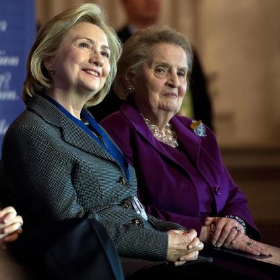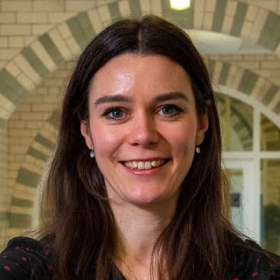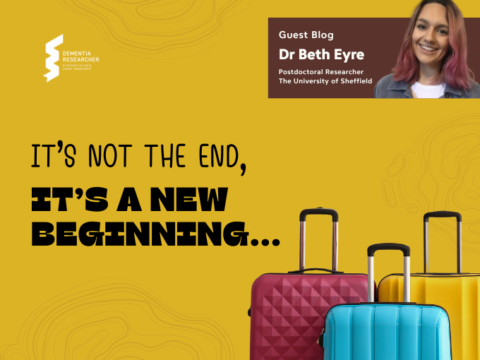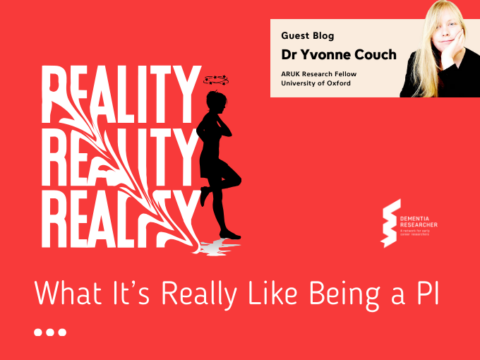Today, 8th of March, it’s International Women’s Day – an opportunity to highlight the many things fantastic women have achieved, taking stock where we are at in terms of gender equity (or still mostly inequity), and recognising what we still need to achieve. As a scientist, in an originally male-dominated profession, it’s also an opportunity to celebrate the brilliant achievements of female scientists, including dementia and social care researchers in my field. But what’s more, it’s an opportunity to reflect on and celebrate the many female non-academics we as scientists work with. Science and research is not just for academics. It’s for those with lived experience, with professional experience, just as much.
When I grew up, Marie Curie, the first woman to win a Nobel Prize and the first person to win a Nobel Prize twice, was about the only female role model I could picture. Obviously, there were more, albeit hardly covered in science or history when you grew up. Luckily, this has changed significantly, and it’s rather pleasing to see a woman (with her team and collaborators) having invented the first COVID-19 vaccine – Prof Dame Sarah Gilbert. And let’s not forget the recognition of senior female dementia and social care researchers in our field – Prof Jill Manthorpe recently received a CBE for her services to social care research and Prof Claudia Cooper was just awarded an NIHR Senior Investigator title.
When we look at women in science and academia, it’s not all about those big titles and very well-deserved achievements though. For me, it’s all about empowering one another. And I don’t just mean scientists. I mean female carers. Female health care professional. Female social care providers. Female Third Sector CEOs. And of course, female academics, postdocs, and PhD students. I am uber impressed by the phenomenal work so many female Third Sector providers, including CEOs, do in dementia – Jacqui Cannon for The Lewy Body Society; Nanette Mellor for The Brain Charity; Carol Rogers for House of Memories; Ruth Eley for TIDE; Di Burbidge for Chinese Wellbeing. All of the female carers I have worked with over the years are superheroes to me. Hilary, Julie, Kath, Sue, Joan, Hazel, and so many more – I look up to all of you and we as researchers need to take the opportunity and step out of our old-school ‘science bubble’ and celebrate every single woman with her different lived, professional, and academic experiences we work with, and maybe have become friends with, on IWD 2023.

“There is a special place in hell for women who don’t help other women.”
I hope that by trying to empower the women we work with, in whichever capacity (lived experts, professionals, academics), we can take some of that equity towards the impact of our research also. Achieving and supporting true gender equity is not only relevant within science, and the people we work with. It’s just as important for our actual research. Yes, we are certainly more advanced in terms of gender equity within our Society than in most low- and middle-income countries for example. It doesn’t mean that there are not still issues to be achieved in dementia research, so that everyone, regardless of their gender, receives equal access to diagnosis and care.
So, today, let’s celebrate each and every woman you work with, are friends with, and recognise their achievements, and work together on supporting one another! Because, as Madelaine Albright put it so eloquently – “There is a special place in hell for women who don’t help other women.”

Dr Clarissa Giebel
Author
Dr Clarissa Giebel is a Senior Research Fellow at the University of Liverpool and NIHR ARC North West Coast. Clarissa has been working in dementia care research for over 10 years focusing her research on helping people with dementia to live at home independently and well for longer, addressing inequalities that people with dementia and carers can face. Outside of her day work, Clarissa has also organised a local dementia network – the Liverpool Dementia & Ageing Research Forum, and has recently started her own podcast called the Ageing Scientist.

 Print This Post
Print This Post




